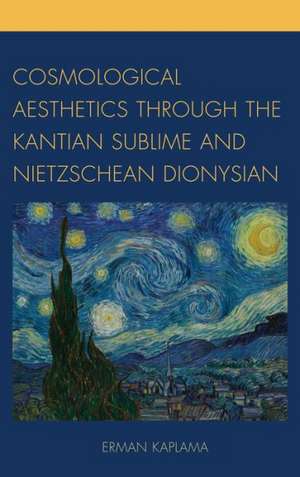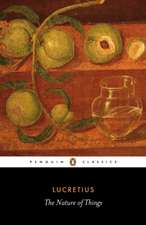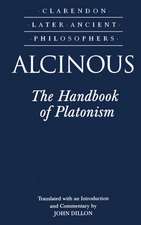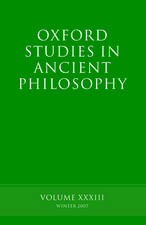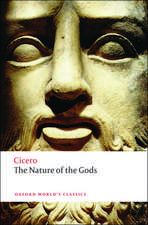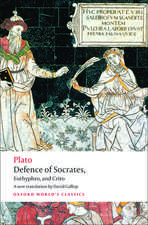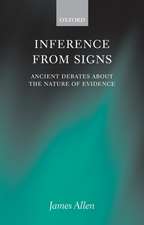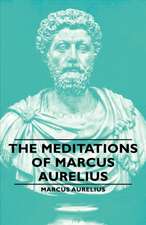Cosmological Aesthetics Through the Kantian Sublime and Nietzschean Dionysian
Autor Erman Kaplamaen Limba Engleză Hardback – 11 dec 2013
Preț: 552.95 lei
Preț vechi: 718.12 lei
-23% Nou
Puncte Express: 829
Preț estimativ în valută:
105.84€ • 115.00$ • 88.96£
105.84€ • 115.00$ • 88.96£
Carte tipărită la comandă
Livrare economică 21 aprilie-05 mai
Preluare comenzi: 021 569.72.76
Specificații
ISBN-13: 9780761861560
ISBN-10: 0761861564
Pagini: 207
Ilustrații: Illustrations
Dimensiuni: 150 x 231 x 23 mm
Greutate: 0.45 kg
Editura: Rowman & Littlefield
ISBN-10: 0761861564
Pagini: 207
Ilustrații: Illustrations
Dimensiuni: 150 x 231 x 23 mm
Greutate: 0.45 kg
Editura: Rowman & Littlefield
Notă biografică
Descriere
Comparing the Kantian sublime and Nietzschean Dionysian, Erman Kaplama introduces two new principles to philosophy of art: transition and motion. Drawing on the Heraclitean logos and phusis, he explores the notion of transition (Ubergang) in Kant's Opus Postumum and revises the idea of nature as the principle of motion (phusis).
